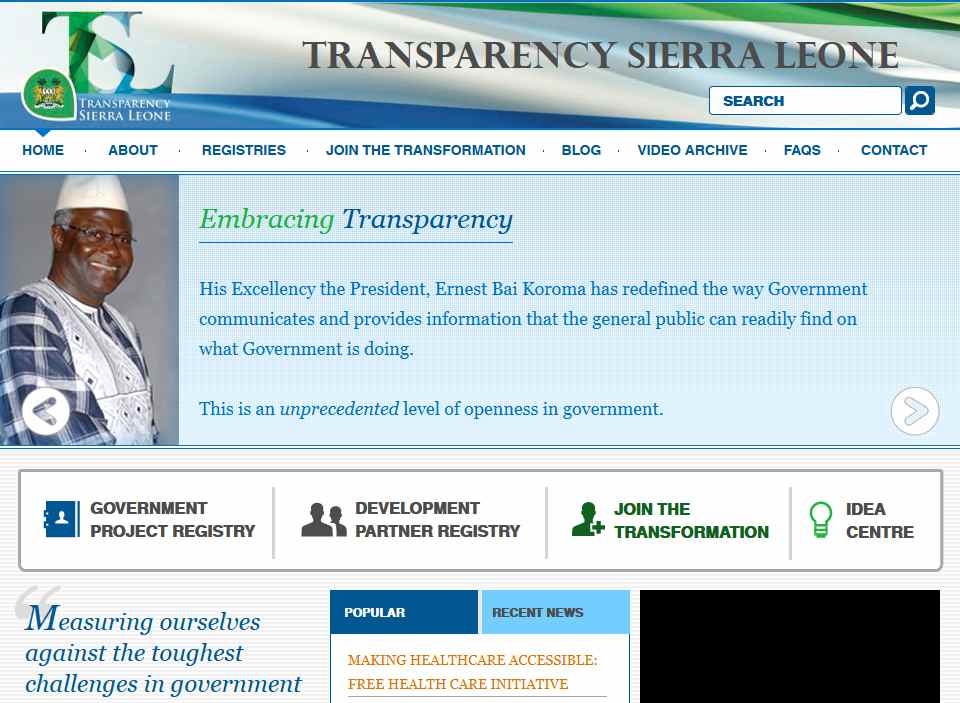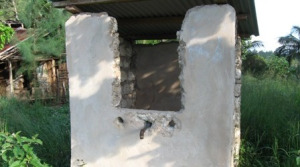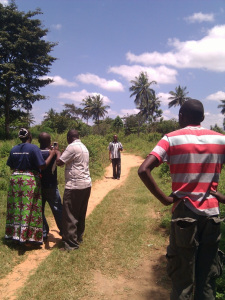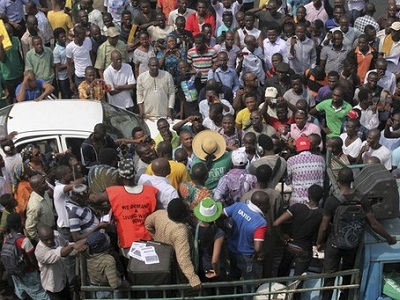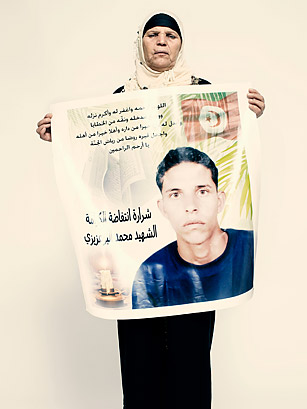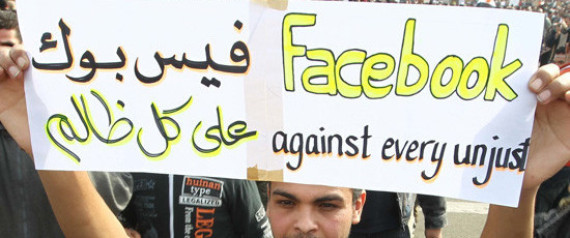Position: Project Director, USAID Analytical Services V (ASV)
Location: Remote/Washington DC
Integra is seeking Project Director candidates for an upcoming proposal on the multi-year Analytical Services V contract. This mechanism will provide the Bureau for Democracy, Conflict and Humanitarian Assistance’s Center of Excellence on Democracy, Human Rights, and Governance (DCHA/DRG) with the means to support US foreign policy objectives by promoting resilient, democratic societies. Support for DRG is vital to the pursuit of freedom and national security and is essential to achieve the Agency’s and the US Government’s broader social and economic development goals. The IDIQ will directly build on USAID’s DRG Strategy by supporting USAID Missions and other operating units to develop strategies and projects that will have the greatest impact.
Responsibilities:
- Provide overall leadership and technical direction throughout the project’s life with a focus on achieving results as described in the contract.
- Provide technical inputs on select activity proposal efforts.
- Serve as a primary point of contact for USAID staff and relevant stakeholders, reporting on progress, assessing evolving needs, and communicating lessons learned.
- Contribute to technical work products, provide quality assurance, and own the delivery of high-value reports and workshops to USAID clients.
- Work with Integra home-office staff in personnel, contract administration and financial management of the overall project.
REQUIREMENTS:
- Advanced degree in economics, statistics, sociology, international development or other social science fields.
- Minimum of 10 years of experience in MEL and research activities for international development.
- Minimum of 5 years of experience in direct management or oversight of USAID projects.
- Experience working with USAID/DRG, BHA or OTI preferred.
- Expertise in democratic governance, participation and inclusion, DEIA, free and fair elections, promoting independent media, civic engagement, rule of law, human rights, e-governance and digital democracy, anti-corruption, and countering authoritarianism highly preferred.
- Proficiency in USAID regulations, FAR, ADS, procurement procedures, and contract compliance.
- Experience managing teams of internal staff and consultants resulting in successful project delivery, with a strong preference for experience in managing the concurrent implementation of multiple task orders under similar IDIQ mechanisms.
- Demonstrated experience in technical proposal writing skills for USAID, Department of State, Millennium Challenge Corporation, or other donors for procurement opportunities.
- The ability to produce high-quality technical work expeditiously and independently.
- Strong people skills evidenced by client and team management experience, including through Project Manager roles.
- Proficiency in Word, Excel, and PowerPoint.
Remuneration Package: A competitive package would be offered based on salary history and
work experience.
HOW TO APPLY: Qualified and interested candidates should submit a cover letter and CV to jobs@integrallc.com. Please include “Project Director, USAID Analytical Services V (ASV)” in the subject line of the e-mail. No phone calls please. Only short-listed candidates will be contacted.
Only shortlisted candidates will be contacted.
Integra provides equal employment to all participants and employees without regard to race, color, religion, gender, age, disability, sexual orientation, veteran or marital status.


